Introduction
Discover why the American Bulldog Good with Kids in families
- Learn about the breed's temperament and how it affects interactions with children
- Explore the American Bulldog’s natural instincts and their suitability as family pets
- Find out the key factors that contribute to a harmonious relationship with children
- Understand the training and socialization needed for a well-behaved family companion
- Get insights into real-life experiences from families with American Bulldogs and kids
1. Understanding the American Bulldog's Temperament
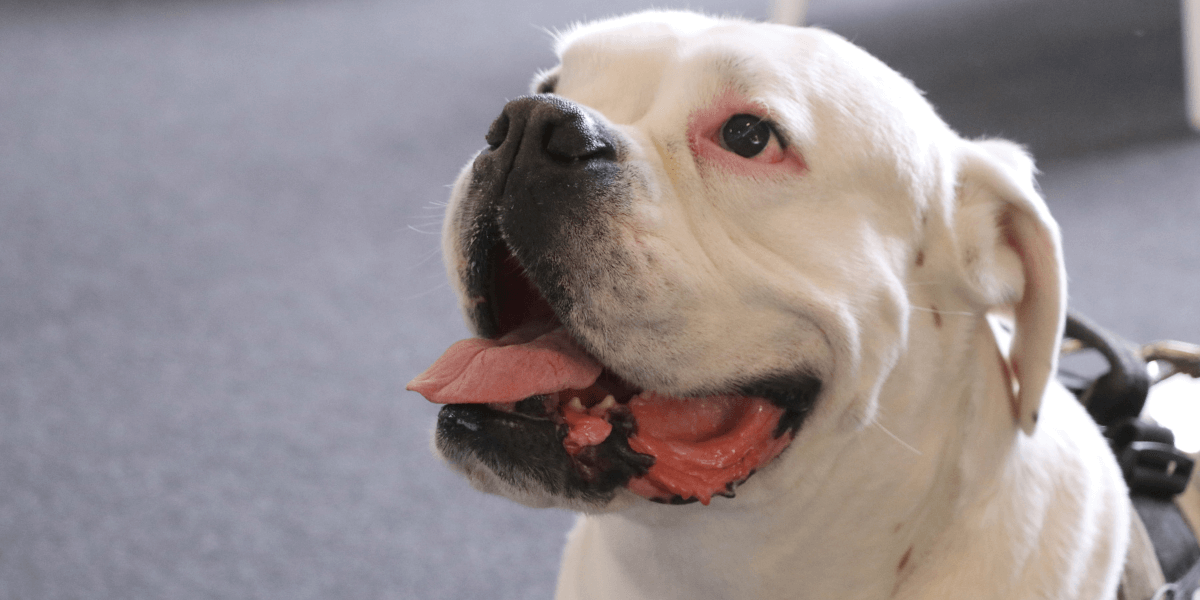
- Protective Instincts: American Bulldogs are highly protective of their families
- Playfulness: Despite their imposing appearance, these dogs have a playful side
- Affectionate Nature: They are known for their loving nature and often form strong bonds
- Loyalty: Are deeply loyal and form strong attachments to their families
- Alertness: They are vigilant and often alert to changes in their environment
- Easygoing with Family: Generally relaxed and friendly with those they know and trust
2. The American Bulldog's Interaction with Children
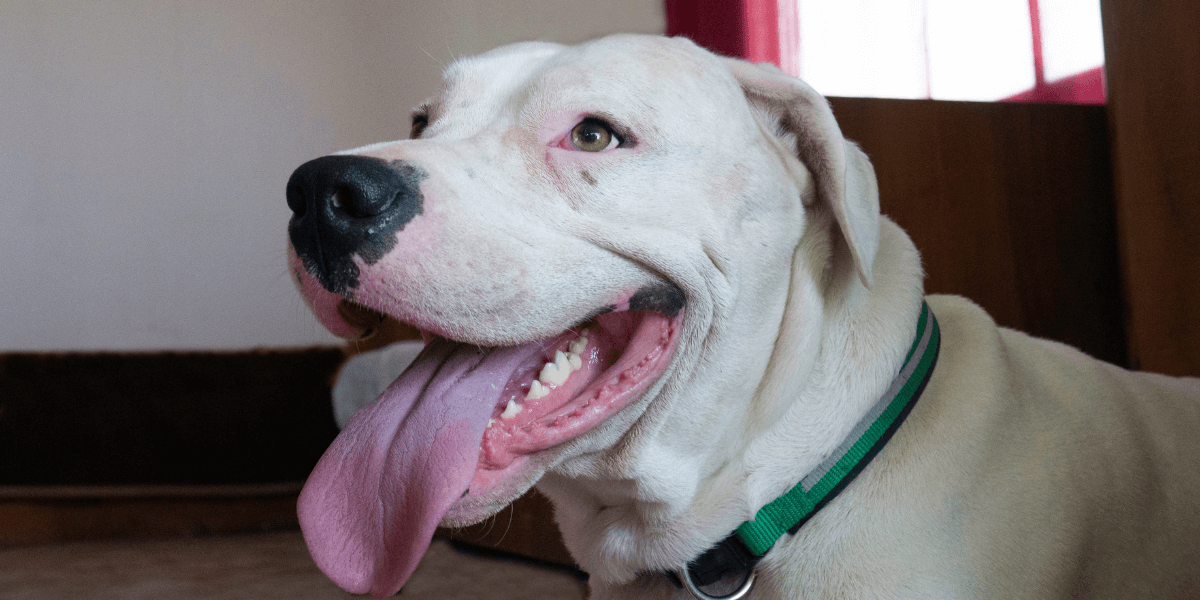
- Gentle Giants: They often enjoy playing and cuddling with younger family members
- Supervision Required: Important to supervise interactions between Bulldogs and young kids
- Socialization Matters: Early socialization with children can help Bulldogs develop positive
- Teach Boundaries: Show kids how to interact gently and respect the dog’s space
- Reward Calmness: Reinforce good behavior with treats when around children
- Supervise Play: Monitor interactions to ensure safety for both the dog and kids
3. Training an American Bulldog for a Family Environment
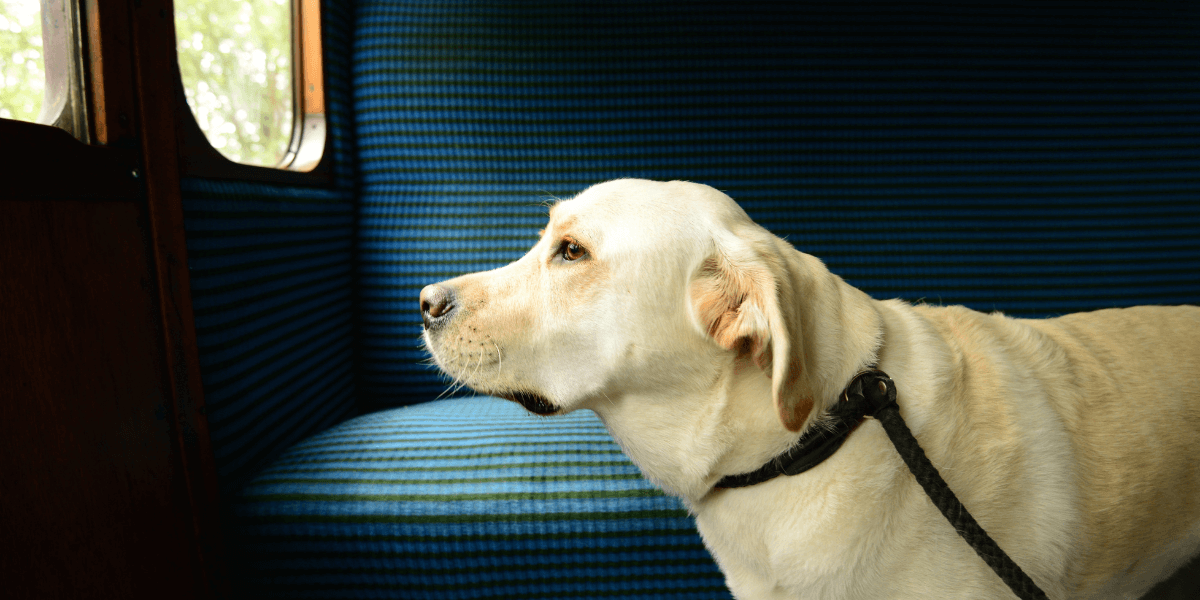
Here’s what you need to know:
- Basic Obedience Training: Teaching commands like “sit,” “stay,” and “leave it”
- Positive Reinforcement: Use treats and praise to encourage good behavior
- Consistency is Key: Regular training sessions and consistent rules are crucial
- Socialization: Introduce your Bulldog to different people and environments early on
- Structured Routine: Establish a clear training schedule to reinforce learning
- Patience and Persistence: Be persistent to achieve long-term success in training
4. Addressing Behavioral Challenges
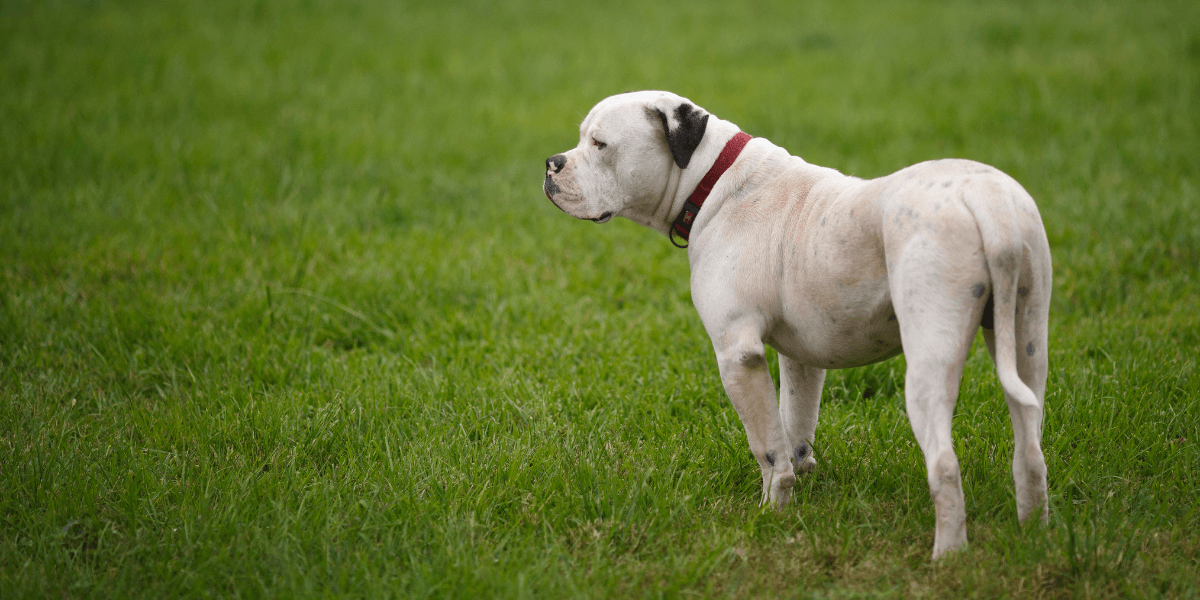
Here’s how to handle them:
- Separation Anxiety: Some American Bulldogs may experience separation anxiety
- Resource Guarding: This breed can sometimes guard food or toys
- Barking: American Bulldogs may bark to alert their family of strangers
- Desensitization: Gradually introduce changes to reduce resource guarding behavior
- Training Techniques: Use positive reinforcement to manage separation anxiety effectively
Address behavioral challenges by learning from Great Dane Training for well-behaved family dogs.
5. The Role of Exercise and Mental Stimulation
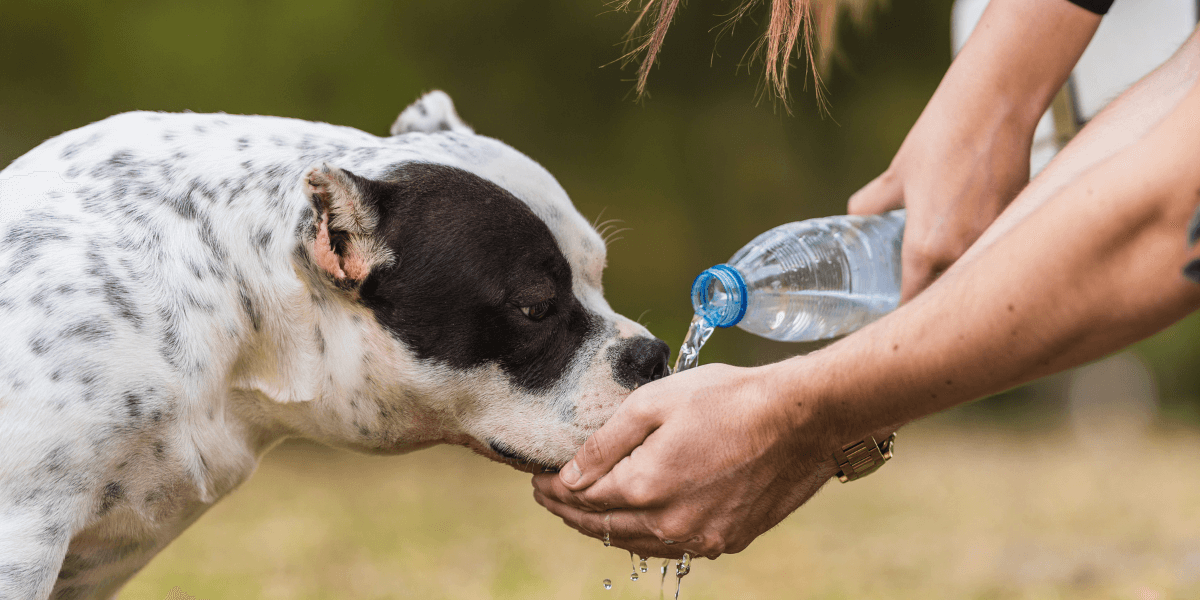
Keeping your dog active is crucial for their well-being and their interactions with kids.
- Daily Exercise: Activities like walking, running, and playing fetch are beneficial
- Mental Stimulation: Puzzle toys and training games can keep your American Bulldog
- Family Activities: Can ensure both are getting the exercise and stimulation they need
- Routine Playtime: Regular play sessions keep your dog active and engaged
- Social Interaction: Meeting other dogs and people boosts social and mental skills
- Activity Variety: Rotate exercises and games to keep your dog interested and challenged
6. Health Considerations for Families
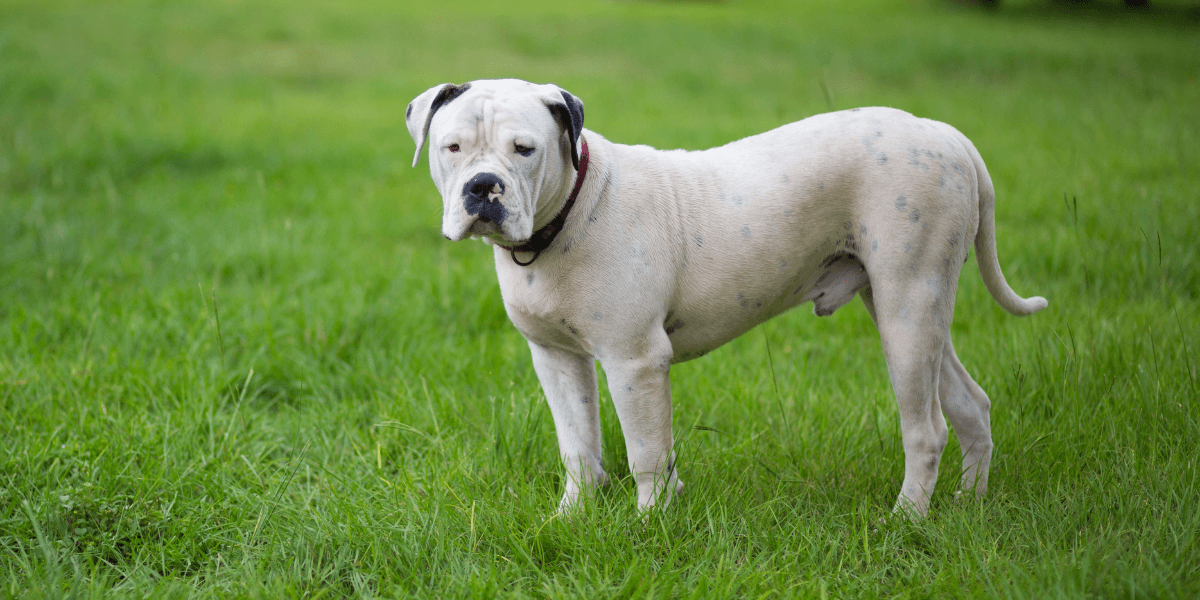
Here’s what to keep in mind:
- Vet Check-ups: Routine veterinary visits can help catch and address health issues early
- Preventative Care: Keep up with vaccinations, flea/tick prevention, and dental care
- Exercise Requirements: Regular exercise helps maintain a healthy weight
- Monitor Behavior: Changes in behavior may signal health issues; consult a vet if noticed
- Watch for Specific Health Issues: Be vigilant and seek prompt treatment if needed
Discover key hip dysplasia prevention tips to keep your American Bulldog active and healthy.
7. Creating a Safe and Positive Environment
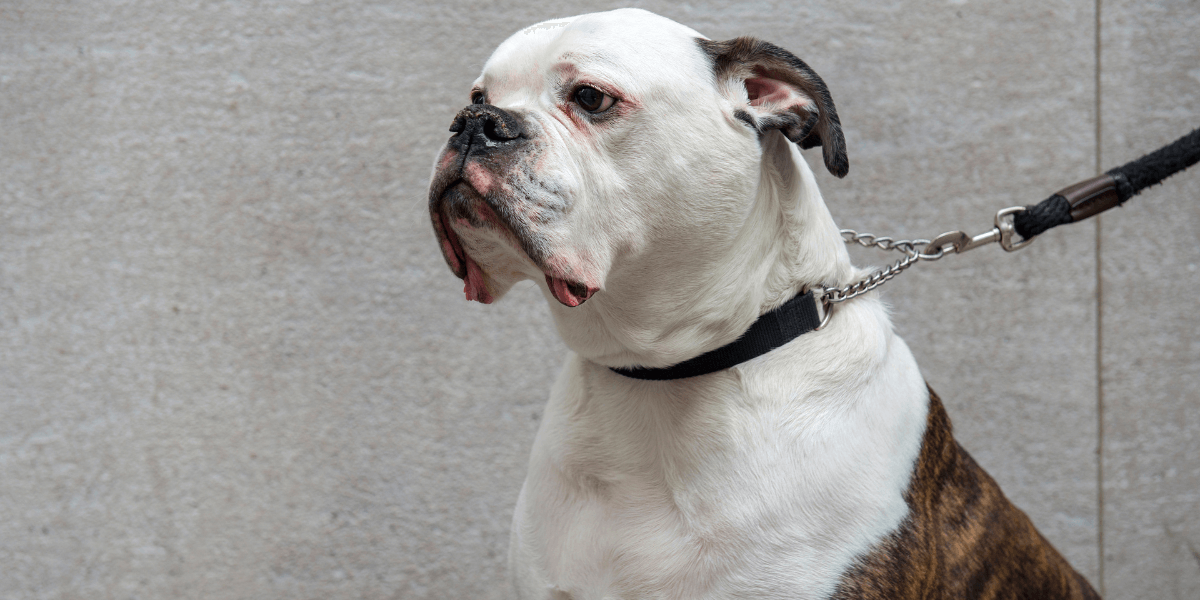
Ensuring a positive environment involves some practical steps:
- Safe Spaces: Provide a quiet area where your dog can retreat if they need a break
- Teaching Respect: Avoid rough play and teach them to recognize signs of discomfort
- Positive Reinforcement: Reinforce positive interactions between your dog and children
- Supervised Interactions: Always supervise dog and child interactions to prevent mishaps
- Consistent Routine: Maintain a consistent routine to help your dog feel secure and stable
- Gentle Handling: Encourage gentle handling and respect for your dog’s personal space
Learn how family-friendly breeds like Bernese Mountain Dogs can inspire safe environments for kids.
FAQs
1. Are American Bulldog good with kids?
- Yes, they are generally affectionate and patient with kids
2. How do American Bulldogs interact with toddlers?
- They are typically gentle and protective around toddlers
3. Do American Bulldogs require special training for kids?
- Basic training and socialization help ensure they are well-behaved with children
4. Can American Bulldogs be aggressive with children?
- Aggression is rare if they are properly socialized and trained
5. Are American Bulldogs good with kids and other pets?
- They usually get along well with kids and other pets if socialized early
6. What should I consider before bringing an American Bulldog home?
- Consider their energy level, size, and need for exercise to ensure a good fit
7. Where can I learn more about how American Bulldogs are with kids?
- Read our blog post on "American Bulldog Good with Kids" for detailed insights
Conclusion
- The American Bulldog Good with Kids is a breed that can thrive in family settings
- Proper training and socialization are crucial for a positive interaction with children
- Evaluate your family’s lifestyle to ensure the breed fits well with your daily routine
- Real-life experiences show the breed can be a loving and protective family member
- Consider the breed’s needs and characteristics before making a commitment
Please share it with others who might benefit and leave a comment below!
References
For more information on Are American Bulldog Good with Kids?, check:
- American Bulldog Breed Guide: Characteristics, History & Care
- Best Dog Beds for Seniors: Orthopedic vs. Memory Foam Guide
- 13 Types of Bulldogs That Are Both Adorable and Loyal
- Are American Bulldog Good with Kids?
- The Complete Guide to Dog Grooming: With Vet-Approved Tips
- Why American Bulldog Is a Great Pet
Thank you!



